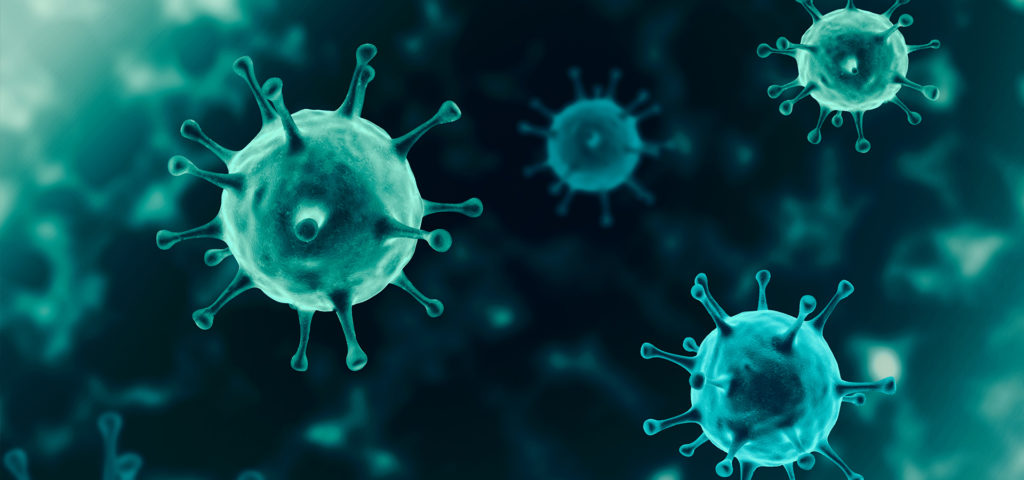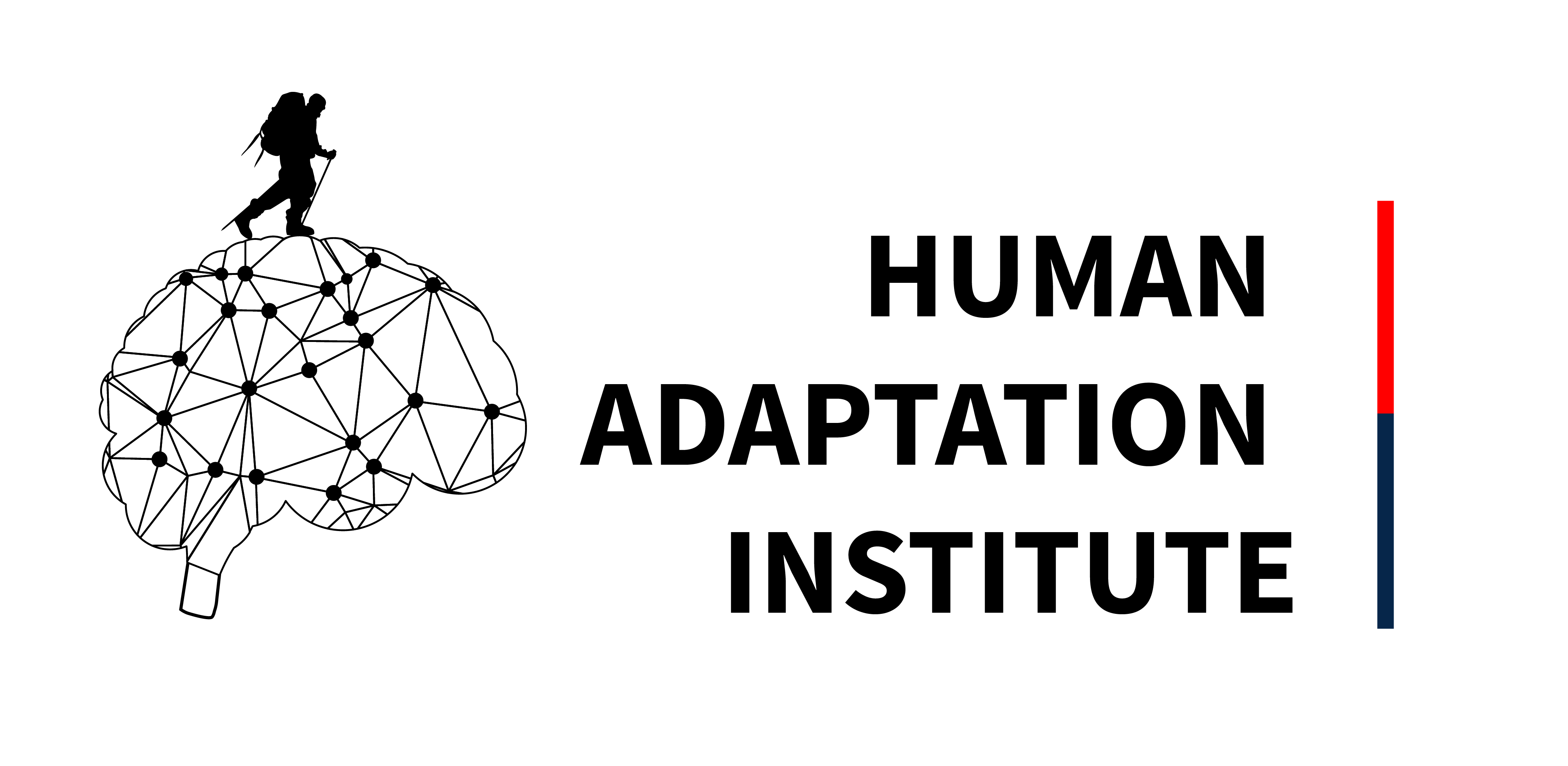WE NEED YOU, TO HELP PEOPLE BETTER NOW AND IN THE FUTURE.

The global crisis due to the coronavirus COVID-19 in 2020 is unique in world history in its scale and impact. We need to overcome this crisis, but we also need to understand how best to help the individuals experiencing it, at all scales.
We need to understand the social, mental health, and crisis management impacts of such an event.
How do we find the necessary resources? Or, on the contrary, what are the signs of the mental distress it can cause?
How can we concretely help, on a daily basis, the most fragile members of our communities by better understanding warnings calls?
How do our adaptation abilities evolve and develop over time?
This will enable us to develop tools in the event of a new crisis and to induce a necessary paradigm shift, making it possible to reduce the probability of their occurrence as much as possible?
This is the objective set for the COVADAPT study, which the Human Adaptation Institute, in collaboration with researchers from several laboratories and universities including Cermes3, ICM, Univ. Savoie Mont Blanc, Université Paris 2 Panthéon-Assas (Largepa), has decided to launch at this time, through online surveys designed with specialists from several complementary fields. Your help, if you agree to participate in this study, will be precious to us.
PARTICIPATE TO THE STUDYParticipating researchers
Stéphane Besnard has been PI or co-PI of research programs funded by the ANR, NASA, ESA, CNES and the French Polar Institute for programs in physiology and medicine in extreme environments.
He has developed an EEG telemedical business linking 5 hospitals in Basse-Normandie.
Since 2010, he has been involved in more than 10 clinical research programs (PHRC).
He was head of the medical commission for parabolic flights, he was scientific supervisor of a validation and development program of a head tracking system with STARNAV and is currently involved in the scientific expedition 4×30 days Adaptation.
He was member of the Scientific Board for the Physiology Society.
Xavier Briffault is an « Hors Classe » Researcher, HDR, at the CNRS (CERMES3). He specializes in social science and mental health epistemology and has been involved in fundamental and applied research (public and clinical health) for 15 years, particularly in the field of prevention of mental disorders and interventions impact analysis. For the past few years he has also been working on e-(mental) health technologies.
Christian Clot, is the founder and director of the Human Adaptation Institute. He is an explorer-researcher whose specialties are mechanisms of human adaptation to change, crisis, and extreme survival conditions. His expeditions have taken him to the most extreme environments and living conditions. He has lived through several involuntary confinements (stranded during storms, hostage crisis, and others) and has been in the theatre of major crises during tsunamis or ecological dramas.
His observations of individuals living through these events led him to create the Adaptation Institute, to put these real-life situations into perspective with case studies and to study concrete actions, in order to better handle profound changes, including crises. He is the initiator of this study.
Iris Condamine-Ducreux Iris is a doctoral student in sociology at the Université Paris-Sud’s doctoral school for Public Health, affiliated with the laboratory Centre de recherche médecine, science, santé et société (CERMES3). After working on access to culture for marginalized audiences, she is currently in the second year of her public health thesis (in sociology), in which she analyses, with a combination of mixed methods (quantitative and qualitative), forms of sociability and social support among people who inject drugs, as well as potential impacts on the transmission of hepatitis C and HIV.
Luc Mallet is a psychiatrist and researcher in neuroscience, Professor of Psychiatry at the University of Paris Est Créteil. He was Assistant Director of the Psychiatry Clinic at the CHU Henri Mondor in Créteil and then at the Pitié-Salpêtrière in Paris. At the same time, he was trained in neuroscience with a thesis in functional imaging at the CEA and a post-doctorate in experimental psychology at the CNRS. In 2004, he was recruited as a researcher at Inserm and then promoted to research director in 2009 to study the behavioural aspects of deep brain stimulation and to develop innovative therapies in psychiatry. Since 2008, he has led the BEBG research team at the Brain and Spinal Cord Institute (ICM) in Paris, whose research program aims to identify information processing processes within the basal ganglia in relation to psychopathology, and to develop innovative therapies for severe disorders that are resistant to medical treatment. In particular, it coordinates a set of translational research projects aimed at characterizing the physiopathology of pathological repetitive behaviours in humans including obsessive compulsive disorder. His research program also explores the use of new technologies to optimize treatment, personalize healthcare, and avoid isolation of people suffering from mental disorders.
He is involved in many institutions to promote research in psychiatry: Digital Task Force of the FondaMental foundation, steering committee of Labex Biopsy (2012-2019).
In 2014, he was appointed Associate Professor at the University of Geneva’s medical school
He has been Director of the Fondation Fondamental Suisse since 2015.He received the Marcel Dassault Prize for mental health research in 2013, and the Philippe and Maria Halphen Grand Prize of the Académie des Sciences in 2015, rewarding his work on brain dysfunctions underlying obsessive-compulsive disorders and the development of innovative multidisciplinary therapeutic approaches.
Margot Morgiève has a doctorate in the sociology of science and is a researcher at the Centre de recherche, médecine, sciences, santé, santé mentale, société and at the Institut du Cerveau, Inserm, Paris.
Karim N’Diaye, PhD, is a neuroscientist and psychologist specialized in behavior, emotion, and basal ganglia at the ICM.
Marie Jauffret-Roustide is a sociologist and researcher at Inserm.
She has coordinated several sociology and public health surveys (cross-sectional quantitative surveys, cohort surveys, socio-anthropological qualitative surveys) in the general population on the theme of infectious diseases and in vulnerable populations (drug users, migrants, inmates).
She has extensive experience in survey methodology and participatory research that seeks to involve the target population in the construction of research protocols.
She is currently working on harm reduction policies in the field of drugs at the international level.
Philippe Le Moigne, sociologist, researcher at Inserm
Jérémy Roumian is Director of Operations at the Human Adaptation Institute and a PhD student in management sciences at the Largepa laboratory of the University of Paris 2 Panthéon-Assas.
He is conducting research in leadership, organizational theory (with a predilection on the subjects of cooperation and group coordination) and organizational logistics.
Delphine Traber is a Doctor of Social Psychology and a sophrologist. She is currently a researcher at the Laboratoire Inter Universitaire de psychologie (LIP PC2S) at the Université Savoie Mont Blanc.
She is involved in applied research in prevention with an integrative biopsychosocial approach through efficacy analysis and intervention development. In recent years, she has been working to prevent the impact of stressful situations on certain high-risk professions.
Natacha Vellut is a clinical psychologist, CNRS engineer, and member of Cermes3.
For several years, she has been interested in the “hikikomori” phenomenon, a home withdrawal of teenagers and young adults, observed and indentified in Japan since the 1990s, which has a lot to teach us about the difficulties associated with home confinement, but also about the possibilities of redefining the investments for those who are affected.
Partner laboratories
Human Adaptation Institute is a research and intervention institute that studies human adaptive capacities to propose concrete solutions to prepare, manage and train for transformative situations.
It conducts studies exclusively on real-life situations, with human subjects, in order to better understand the cognitive and social determinants of situational paradigm shifts.
This work is completed by dozens of case studies to identify specific markers for better adaptation to changes and crises.
Cermes3, a research centre for medicine, science, health, mental health and society, is a multidisciplinary laboratory dedicated to the social analysis of transformations in the worlds of science, medicine and health and their relationship to society.
In its current project, it has chosen to analyse these transformations in the light of the notion of “crisis”, with a particular interest in the specific effects induced by the convergence of different types of crises.
The laboratory brings together sociologists, historians, anthropologists, political scientists, and experts in the field of social sciences and humanities.
Sensory and Cognitive Neuroscience Laboratory: The scientific objectives of the Sensory and Cognitive Neuroscience Laboratory (SCNL) are:
1) To describe the neural processes and mechanisms involved in the normal and pathological functioning of sensory systems,
2) To analyze how these systems interact to maintain perception of one’s own body and extra-personal space and what brain mechanisms and representations underlie these perceptions,
3) To understand how cognition modulates these perceptions and representations,
4) To design new rehabilitation methods, to evaluate their potential to promote sensory and/or cognitive recovery, and to identify the brain mechanisms involved in this recovery.
At the BEBG (Brain Institute), the scientific core of our research program is the study of the exact nature of information processing that the basal ganglia (GB) apply to cortical information with three perspectives:
1) to improve our fundamental knowledge of the brain’s information processing mechanisms;
2) to better understand the pathophysiology of human diseases linked to GB dysfunction; and
3) to develop innovative treatments for resistant neuropsychiatric pathologies.
